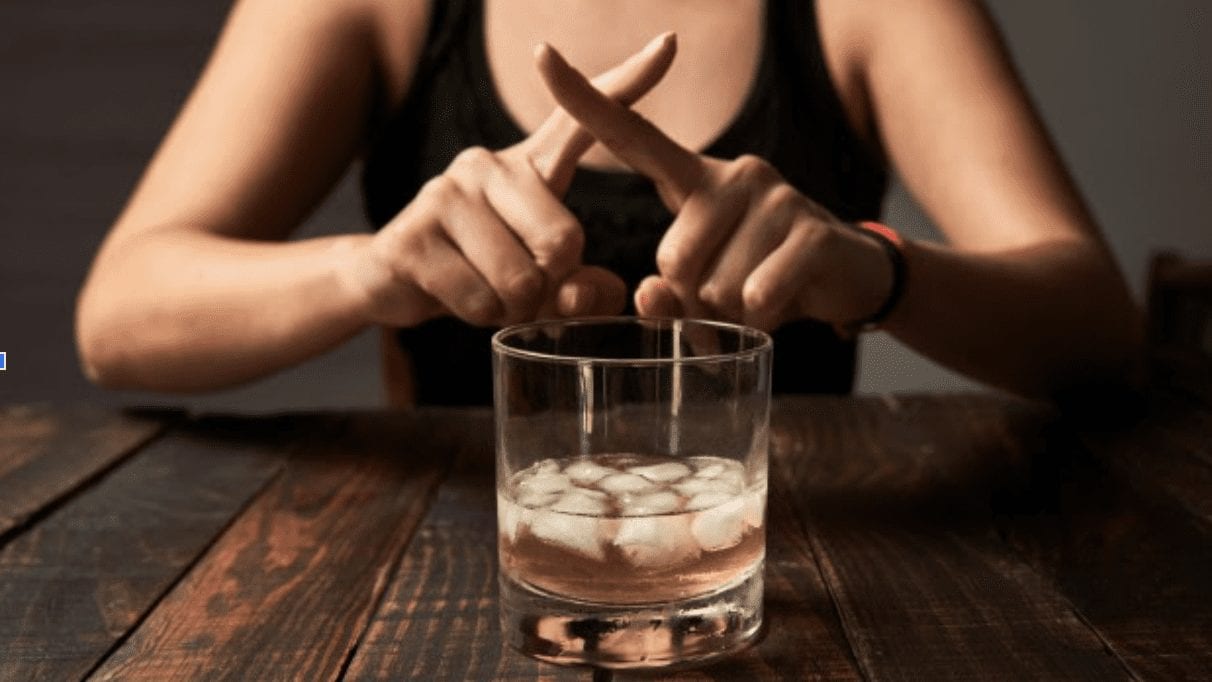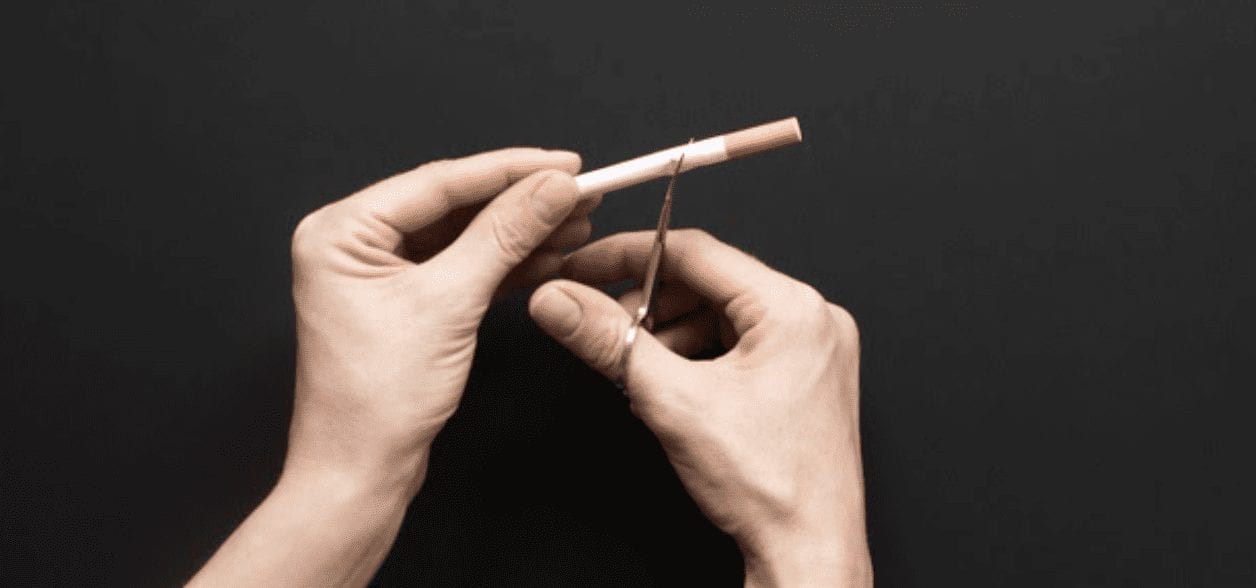
If you’re on the path to recovery from addiction or mental health challenges, you may have heard about the therapeutic benefits of journaling. Journaling is more than just putting pen to paper; it can be a powerful tool that enhances your healing process. In this article, we’ll explore journaling and how it can be a valuable asset on your recovery journey.
Why Journaling Matters in Recovery
Recovery is a unique and deeply personal journey, and journaling can be a game-changer for many women. Here’s why:
- Self-Reflection: Journaling provides a safe space for self-reflection, helping you gain insight into your thoughts, emotions, and behaviors.
- Emotional Release: Writing down your feelings can be cathartic, allowing you to release pent-up emotions and reduce stress.
- Accountability: Keeping a journal can help you track your progress, set goals, and hold yourself accountable for your actions.
- Identifying Triggers: By recording your experiences, you can identify triggers and patterns that may contribute to your addiction or mental health challenges.
Getting Started with Journaling
Now that you understand the significance of journaling, here are some practical tips to get you started:
- Choose a Journal: Find a journal that speaks to you. It could be a simple notebook or a beautifully designed diary.
- Set Aside Time: Dedicate a specific time each day to journal. It could be in the morning, during breaks, or before bedtime.
- Write Freely: Don’t worry about grammar or structure. Write freely and let your thoughts flow.
- Explore Different Styles: Experiment with various journaling styles, such as gratitude journaling, stream of consciousness, or creative writing.
The Therapeutic Benefits of Journaling
Journaling goes beyond pen and paper; it can significantly impact your recovery:
- Stress Reduction: Expressing your feelings on paper can reduce stress and promote relaxation.
- Improved Mental Health: Studies have shown that journaling can enhance mental well-being, reducing symptoms of anxiety and depression.
- Enhanced Self-Awareness: Journaling helps you become more self-aware, leading to healthier decision-making.
- Healthy Coping Mechanism: It provides a healthy outlet for processing difficult emotions, preventing relapse.
Your Journaling Journey at Anchored Tides Recovery
At Anchored Tides Recovery in Huntington Beach, CA, we understand the vital role journaling plays in women’s recovery. Our program is designed specifically for women, by women, and we embrace journaling as a therapeutic tool to empower our clients. Our supportive environment and expert guidance ensure you get the most out of your journaling journey.
Start Your Healing Journey with Anchored Tides Recovery Today!
Are you ready to harness the power of journaling in your recovery journey? At Anchored Tides Recovery, we’re here to support you every step of the way. Contact us today to learn more about our comprehensive dual-diagnosis enhanced rehab program designed specifically for women, by women, in Huntington Beach, CA.
FAQs
Can anyone benefit from journaling in their recovery journey?
Absolutely! Journaling is a versatile tool that can benefit individuals in various stages of recovery.
Do I need to be a skilled writer to start journaling?
Not at all. Journaling is about self-expression, not perfection. You don’t need to be a skilled writer to experience its benefits.
How can I stay motivated to journal regularly?
Setting a routine, finding a comfortable space, and choosing topics that resonate with you can help maintain your journaling habit.
Are there specific journaling techniques recommended for recovery?
Different techniques, such as gratitude journaling, mindfulness journaling, and expressive writing, can be effective. Experiment to find what works best for you.
Can journaling replace therapy or counseling in recovery?
Journaling can be a valuable complement to therapy and counseling, but it is not a substitute for professional help when needed. It can enhance your healing process when used alongside therapeutic support.




































